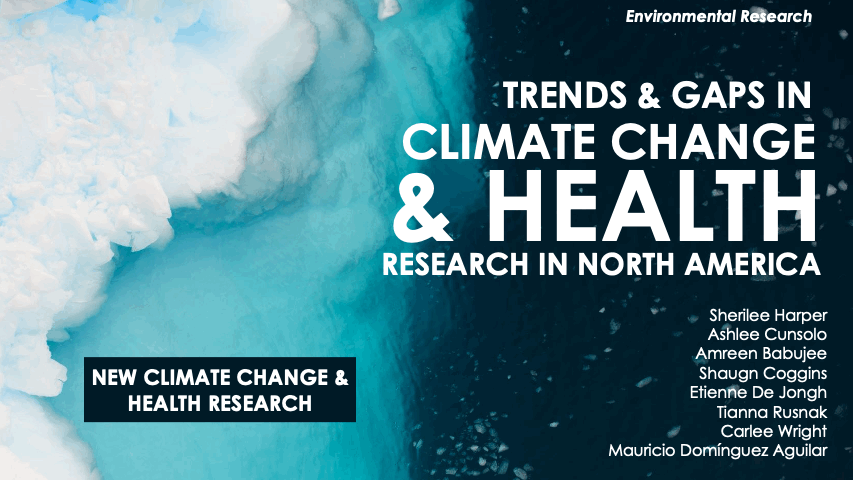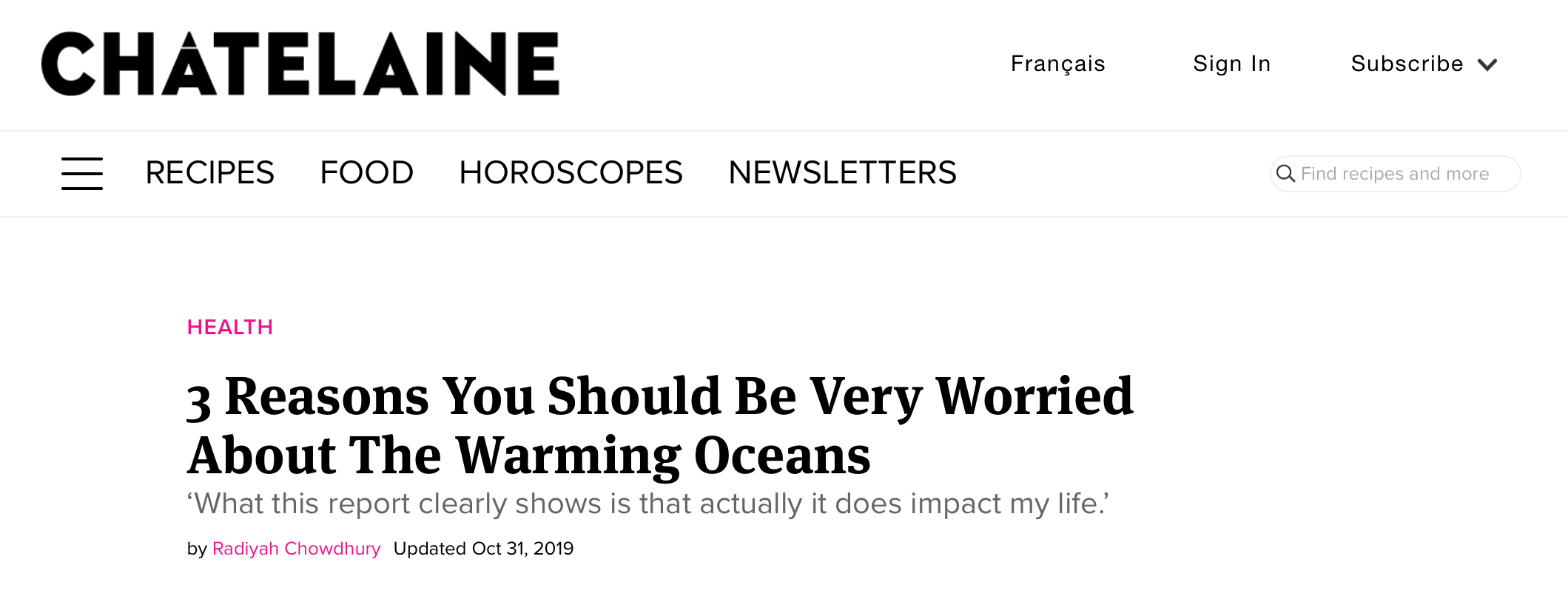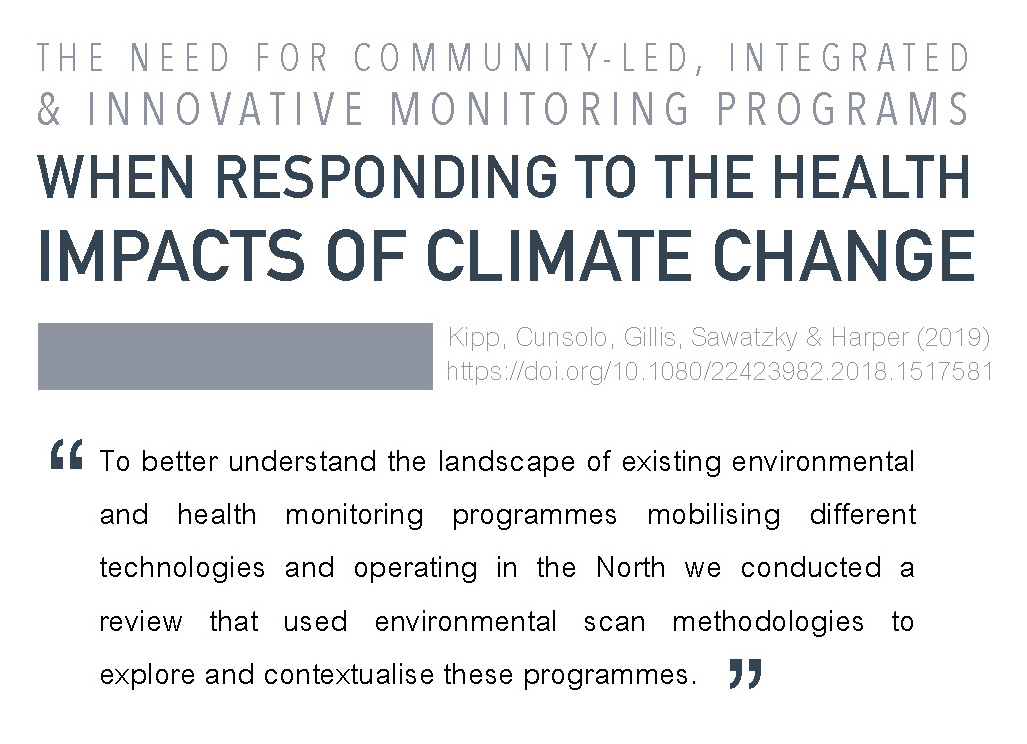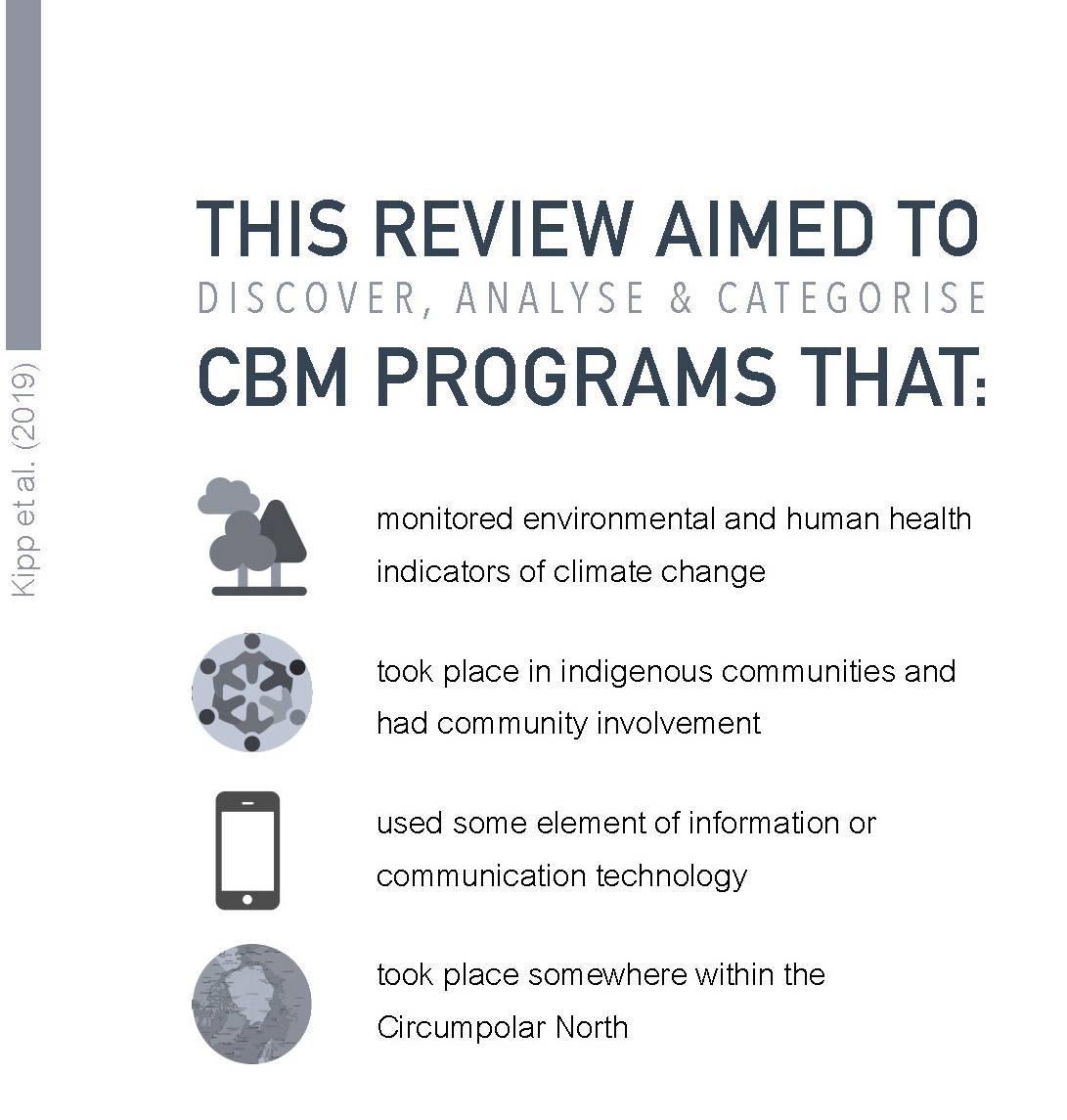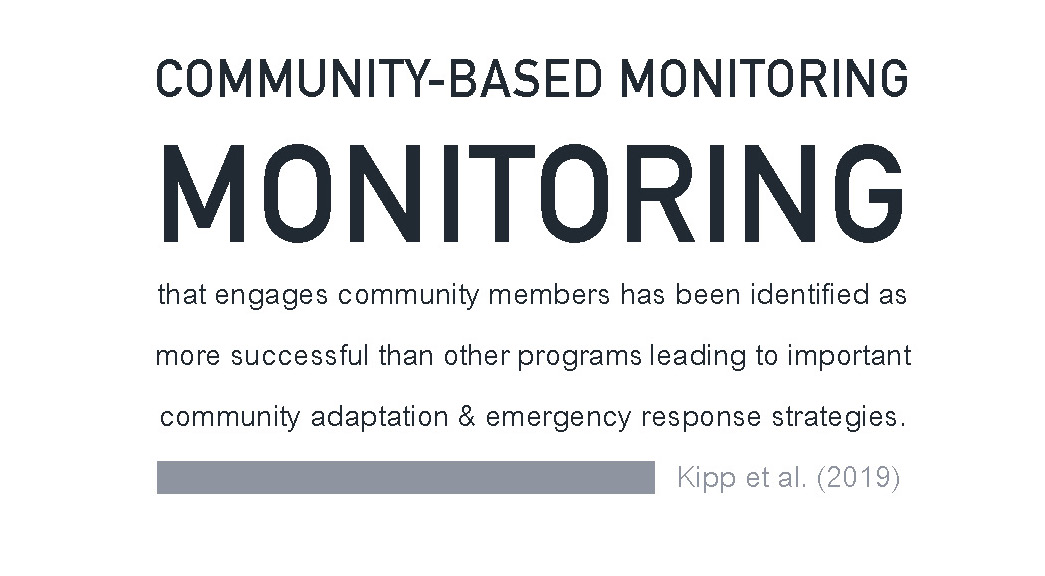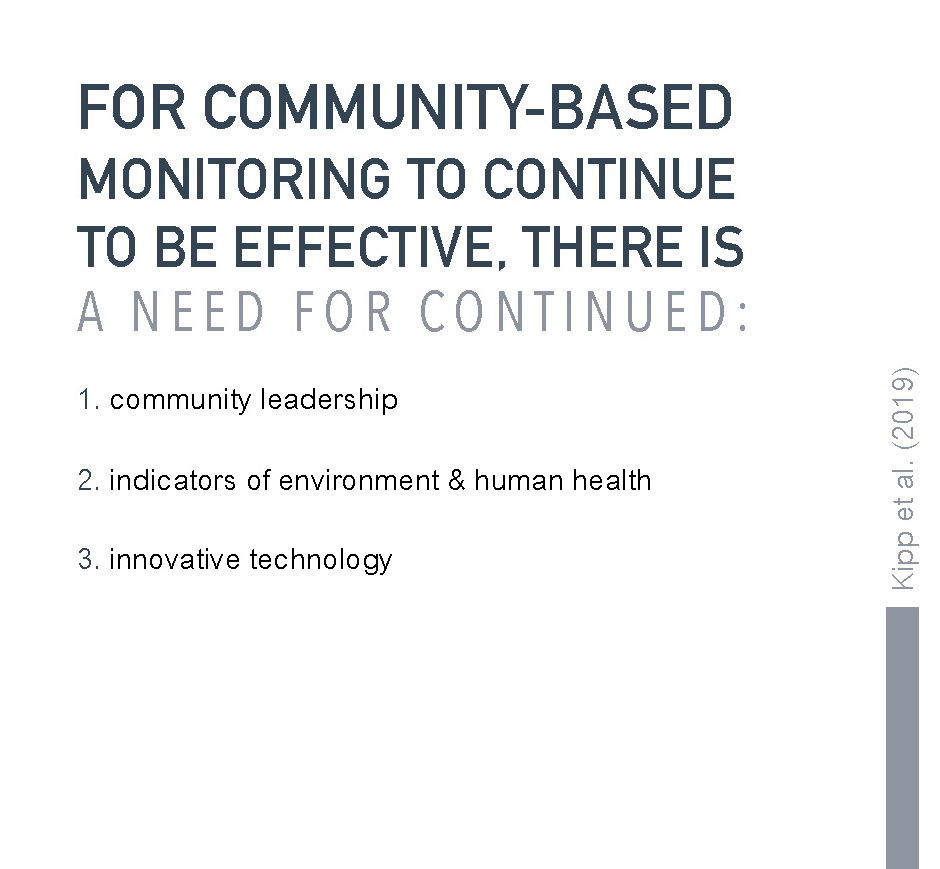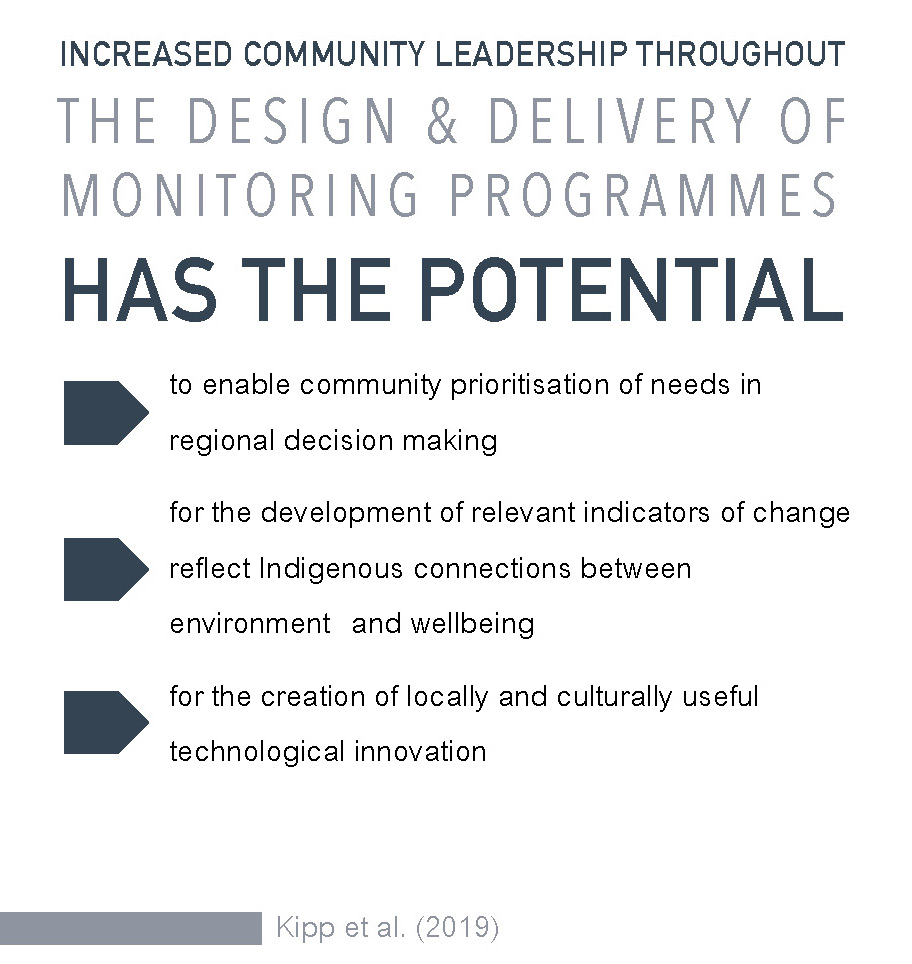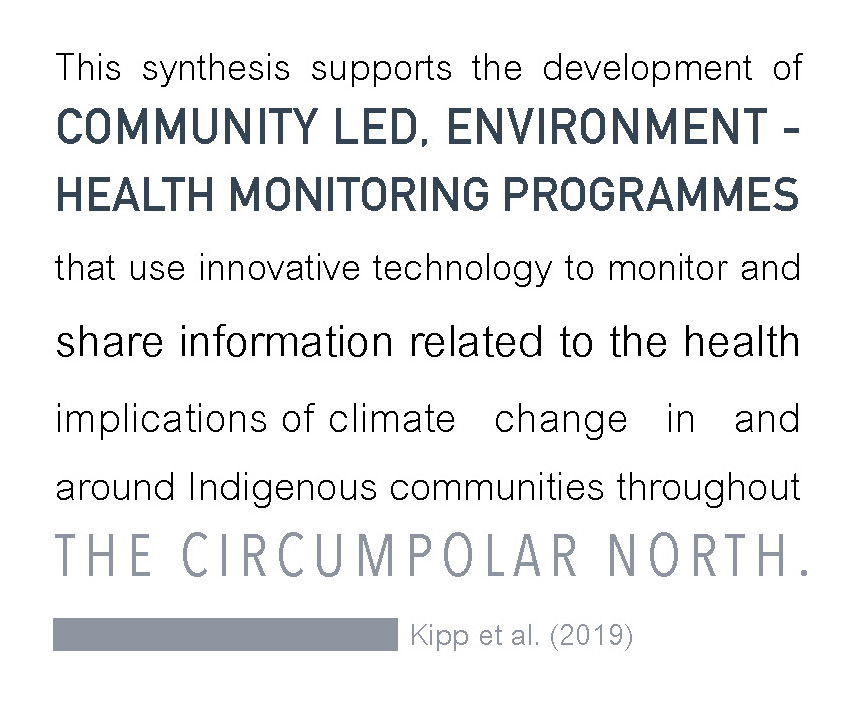Post-Doctoral Fellow/ Research Consultant Job Posting – August 2022
New Opportunity: Participatory Climate Epidemiology Post-Doctoral Fellowship or Research Consultant Position
The Climate Change and Global Health Research Group at the University of Alberta, School of Public Health and the School of Arctic and Subarctic Studies at the Labrador Campus of Memorial University are excited to announce an interdisciplinary fellowship or research consultant opportunity in climate change and health projections research.
The Opportunity
This position offers an exciting and unique opportunity to work with an interdisciplinary team of faculty and students at the intersection of climate change, public health, mental health, waterborne disease, environmental science, and social sciences. The successful candidate will work closely with Dr. Sherilee Harper and Dr. Ashlee Cunsolo, in partnership with Dr. Hugo Beltrami at St. Francis Xavier University to work with partners, develop and conduct various research projects, publish research findings, and contribute to innovative knowledge mobilization activities. Specifically, this position engages with a wide range of partners and focuses on quantitative data analysis for climate-sensitive health outcomes in Nunatsiavut communities. The position involves collaboratively building climate-health models with intersectoral and transdisciplinary partners, to examine past impacts and project future impacts under different levels of global warming. The successful candidate will have the opportunity to expand and enhance research skills, work collaboratively with partners, work across disciplines, faculties, and universities, and be offered mentorship and support in a dynamic and engaging environment.
The position will be hired through the University of Alberta as either a Post-Doctoral Fellow or short-term research consultant (depending on the preferences of the candidate) for a 1-year term, with possibility for extension.
Key Qualifications
Applicants should either possess a PhD or be a senior PhD student in epidemiology, health sciences, public health or a relevant social science;
The successful candidate must demonstrate commitment to a high standard of academic excellence and have an interest in, or experience with, climate change research;
Recent experience with quantitative data analysis (using either: Stata and/or R) is required;
Applicants should possess strong project management skills including the ability to multitask and prioritize work with tight deadlines, advance complex projects, and maintain collaborative relationships with colleagues and partners from various disciplines;
Candidates should have strong written and verbal communication skills, with the ability to present complex data in a straightforward way; and
Experience in social or health climate projection research is considered an asset.
The University of Alberta is committed to an equitable, diverse, and inclusive workforce. We welcome applications from all qualified persons. We encourage women; First Nations, Metis and Inuit persons; members of visible minority groups; persons with disabilities; persons of any sexual orientation or gender identity and expression; and all those who may contribute to the further diversification of ideas and the University to apply.
To Apply:
Submit an application including a cover letter, and curriculum vitae to Kelsey Robertson at kerobert@ualberta.ca or through the University of Alberta online portal.
Closing date:
Position will remain open until filled. Review of applications will begin immediately.




